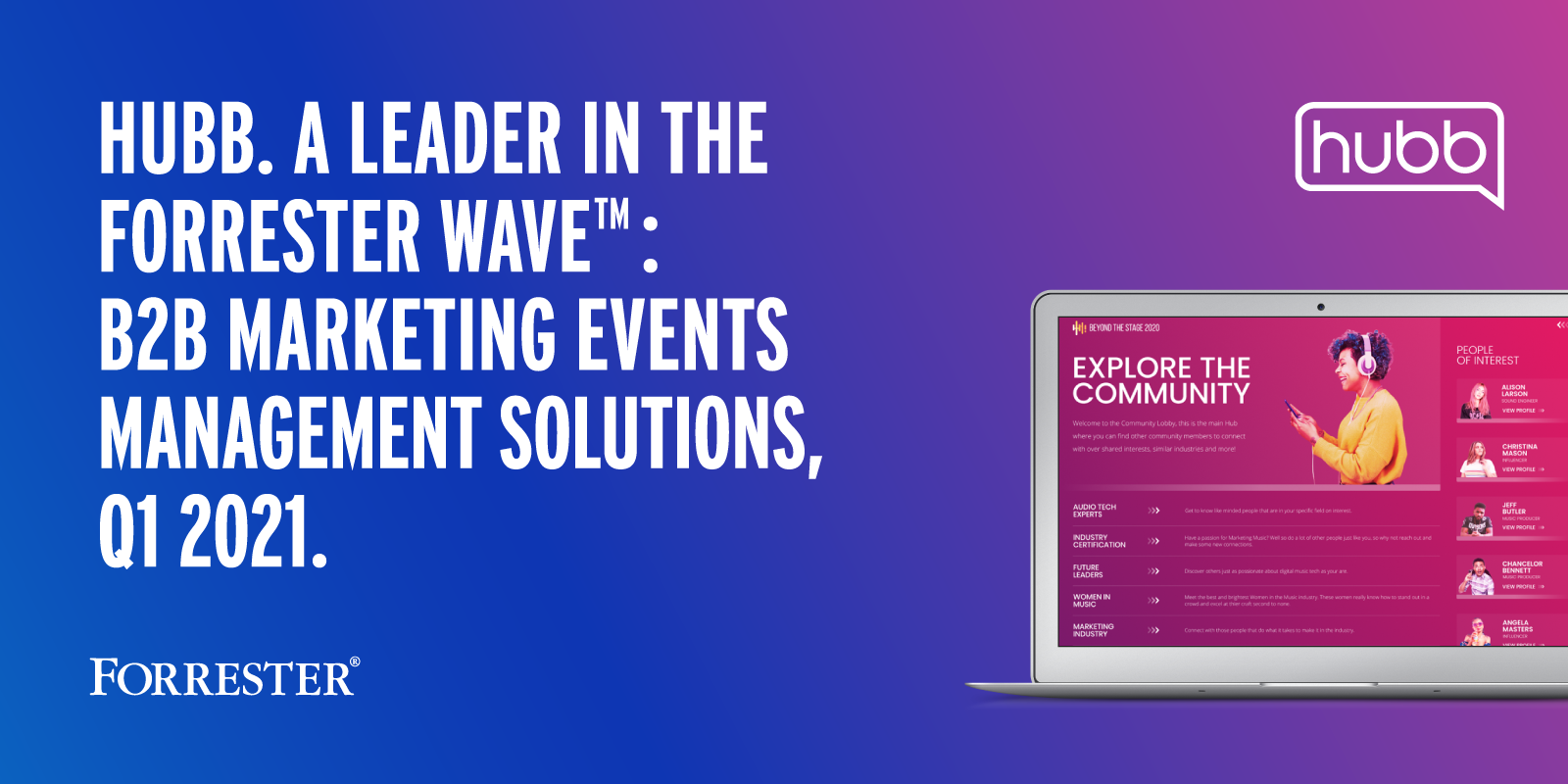
You’re probably asking, "What’s an Event Technologist?" Before we answer that, let’s consider the Event Planner. The poor, beleaguered Event Planner. No doubt this person is overworked with everything on their plate, from setting strategy, to sourcing venues, to coordinating just about every detail from food to functions. On top of all that, the event planner is often responsible for the technology used at and for the event. Really, it’s too much to ask of one person. Enter the Event Technologist.
The Event Technologist oversees everything technology-related for an event. This begins with the technology strategy for the event. How does it align with the goals of the event? How will technologies operate during the event? How will the use of technology support the mission of the event and even reinforce that message? This kind of strategic thinking is critical to a superior event.
Given that mandate, an important function of the technologist is to stay abreast of nascent and emerging technologies (that is something that is way beyond the scope of an event planner’s job). Ideally, the technologist is someone who loves to read about and try out artificial intelligence or AI, location services, new software, new apps and so on. They monitor and read about trends, so that when the time is right to deploy a new technology, they are ready. They should act as your resource regarding the event technology landscape, as well as best practice advisor regarding which tech is right for your event. Each event is different, with vastly different types of set-ups and goals.
Equally as important as knowing the landscape, they must also technical themselves with a deep understanding of how event technologies can, and should, integrate. This means they not only understand what an API is, they know how to look at a swagger file and understand how information should flow between the various systems. For today’s events, getting the back-end processes and systems set up correctly is absolutely critical to the success of your event. Just as you wouldn’t expect a junior sales rep to setup and run your CRM instance, you shouldn’t expect your event planner to be an event technology expert, and to set-up and run your back-end event tech stack.
When it comes to actual events, the technologist is on the front line. First, with the strategy, as discussed, but then with tactics and implementation. The event technologist’s overall responsibilities include:
- Event tech budgeting and selection
- Event tech vendors and vendor management
- Event tech integration
- Database management
- Format of information
- Troubleshooting tech issues during the event
- Data-gathering and dissemination of information
- Event tech post-mortem analysis and learning
Don't get left behind or be frustrated by another event tech integration nightmare. As you're planning for your 2020 event budget, include a head-count for this vitally important role and start putting together your event technologist job description today! Can't bring on a full-time role just yet? Look for an event technology vendor like Hubb, or partner with an agency like Dynamic Events, with years of deep experience in both the events industry and in creating powerful event tech integrations, who can act as a resource and best practice advisor to help you create a seamless attendee experience, powered by best-in-class event technology working together as it should.
Want to learn more about how event technology can and should work together? A great place to start is found here: What You Need to Know Getting Started with Event Technology Integration.






